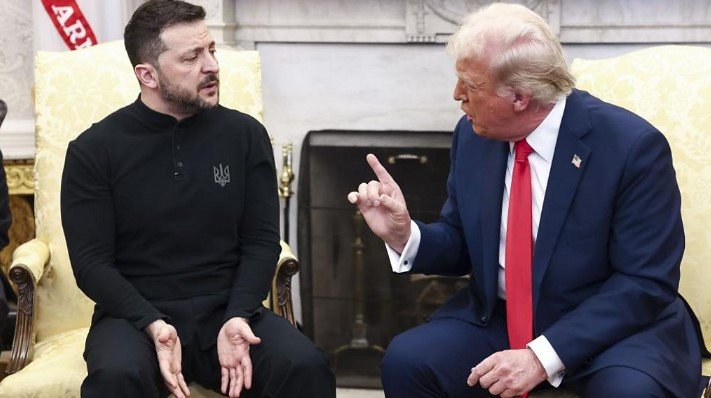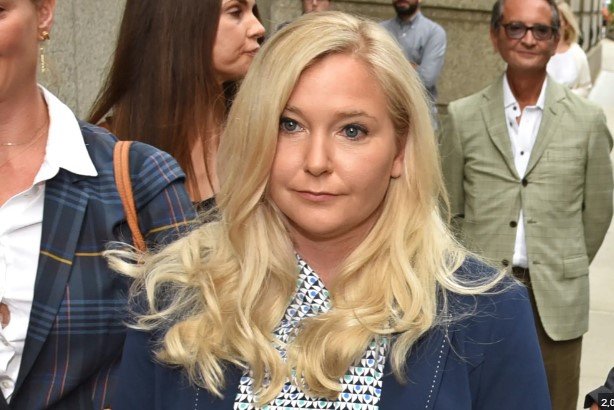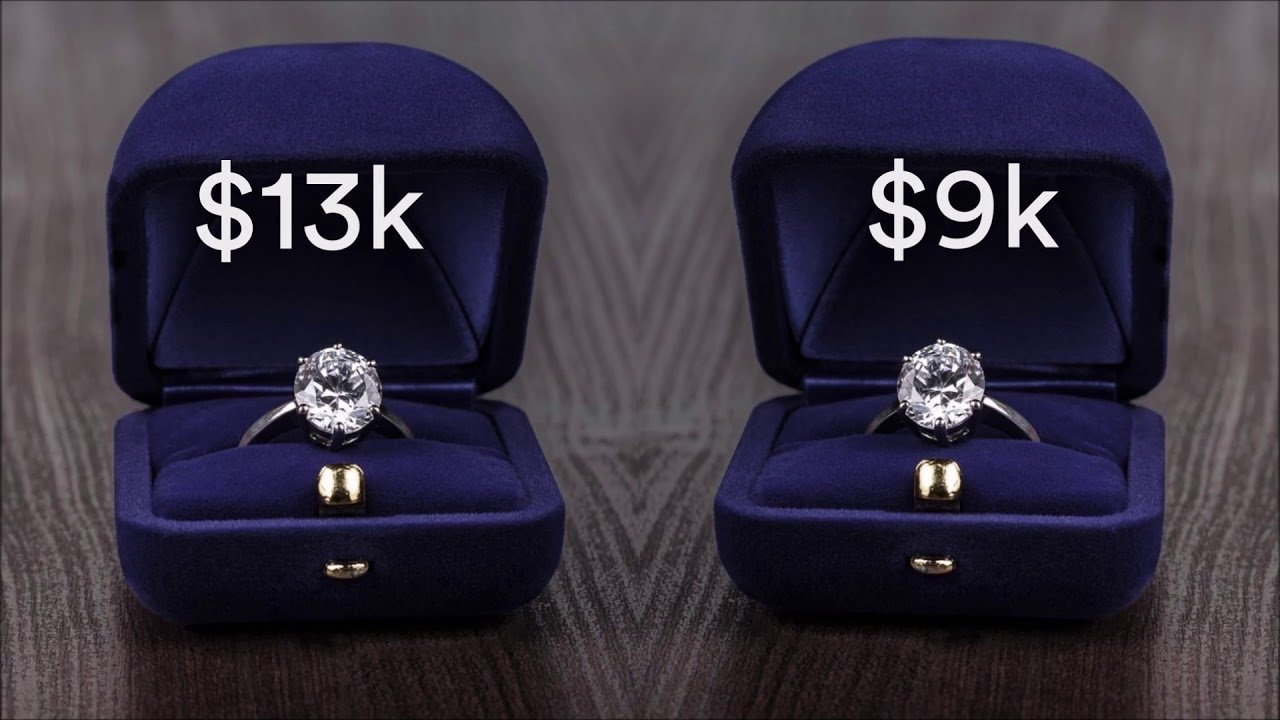To tackle the mental health and well-being challenges facing young people, Prime Minister Christopher Luxon has proposed the removal of social media for those below the age of 16, sparking national and international controversy.
Wellington, New Zealand – On Friday morning, New Zealand Prime Minister Christopher Luxon proposed legislation to ban social media use for children aged 16 and below, citing the growing evidence of its negative consequences on one’s mental health, education, and interpersonal relationships.
If the law passes, New Zealand will become the first Western democracy to impose these restrictions, joining China and some states in the USA that have proposed similar measures.
“We observe a crisis of confidence, depression, anxiety, and attention disorders within our youth, and now is the time to take decisive action,” stated Luxon while addressing the nation from a press conference outside Parliament in Wellington. “Self-regulation is not a practice that social media companies will implement on their own, therefore, we must step in as the regulators.”
Why was This Specific Ban Implemented?
Based on the Youth Wellness Report published in July 2024, the Government of New Zealand estimates that over 78% of teenagers aged 13-16 spend at least 3 hours a day on social media platforms such as TikTok, Instagram, Snapchat, and YouTube. The same report also noted a 42% increase in social media-induced anxiety and depression in teenagers since 2020. This is believed by experts to be partially caused due to increased screen time and cyberbullying.
The prime minister emphasized that the reason for the proposed ban is not censorship but the intent to enhance protection.
“Luxon stated, “We prevent minors from drinking alcohol, smoking, gambling, or driving — not out of desire to control them, but because we understand the dangers these activities present at a young age.” “What makes social media different?”
Important Features of the Legislative Proposal
Introduced in Parliament next month, the proposal includes the following provisions:
Age Verification System: Social media users aged 16 and above are permitted on the platform, so age verification criteria must be set to restrict users below 16.
Parental Responsibility: Parents or guardians who actively permit minors younger than 16 to access the forbidden platforms may receive penalties in the form of fines or mandatory enrollment in digital literacy training.
Liability of the Platform: Companies that fail to implement age restriction controls may bear the brunt of a fine of up to NZ$10 million.
Educational Alternatives: The government shall dedicate NZ$50 million towards sponsoring educational programs aimed at providing teenagers online learning tools alongside personal safety on the internet to enhance their learning experience
aimed at providing personal safety on the internet to enhance their learning experience.
Health Minister Shane Reti and Education Minister Erica Stanford, who have described the rising trends in teen suicide, cyberbullying, and digital addiction as ‘alarming’, also support the bill.
Polarized National Reaction
The public response from New Zealand citizens has been extremely polarized.
Supporting parties emphasized that the government has, at long last, taken actionable steps towards an issue that has rendered many parents feeling powerless for quite some time.
Auckland resident Amanda King expressed relief as a mother of two: “I have to deal with my 14-year-old daughter comparing herself to influencers for hours on end. I’ve seen how this causes anxiety, but until now, there was no way for me to stop it.”
The decision has been welcomed broadly by mental health professionals. “A breath of fresh air” is what Dr. Maia Thompson, a child psychologist based in Wellington, referred to the proposal as.
“This is long overdue. The data is irrefutable — young teens are not mentally equipped to handle the constant feedback loop of likes, comments, and online criticism,” she reiterated.
Opponents, however, are warning about possible excessive government control and how enforcement might be overly restrictive of personal freedom.
“How do you police this without violating privacy? What if a 15-year-old locks into a parent’s account?” FreeNet NZ digital rights advocate Jordan Baker asked. “This opens the door to setting a dangerous precedent for internet freedom.”

International Focus and Attention
Regarded as having the potential to model their digital youth safety policies after New Zealand, the move has already gained international focus and attention from some countries.
In the United States, Utah and Florida have enacted similar laws, although they are less detailed. New Zealand’s proposal, however, goes further by completely banning platform access to those under sixteen, as opposed to just requiring parental consent.
Meta formerly Facebook has been careful to state that,
“We support robust age-appropriate online experiences. But broad restrictions risk removing young people from useful social and educational resources.”
TikTok’s response was more on the defensive side of the argument by claiming that they already employ age restrictions paired with AI to detect underage accounts.
Technological Industry Backlash
The bill has faced intense lobbying opposition from New Zealand-based TikTok and YouTube franchisors. Snap representatives have also purportedly requested meetings with government officials to advocate for enhanced safety features over outright regulations.
Also, industry experts argue that enforcement will be futile due to the use of VPNs and identity spoofing, particularly among tech-forward teenagers.
“Barriers can always be established, however, children today know how to circumvent them,” stated Ethan Patel, a cybersecurity consultant based in Christchurch. “Current issues and restrictions waste time; there should be a greater focus on education and parental involvement instead.”
What Comes Next?
The government plans to start discussing the Digital Youth Protection Bill in Parliament around the end of May. They expect to decide by mid-July- this will include voting on the necessary changes. This is expected to go through a public consultation first, though to undergo further edits.
If the bill is approved, the earliest the ban could be enforced is January 2026; this deadline can shift according to social media companies and families.
The Ministry of Education and Health is conducting joint awareness campaigns in selected schools to encourage offline participation in creative arts, community volunteering, and sports.
A Broader View
This new move by New Zealand could enable broader discussions around the usage of technology and the government’s considered approach towards the digital lifestyle for teenagers. The usage of technology has become widespread globally, showing user growth each year alongside the increase in population.
Table of Contents
PM Luxon finished his announcement with a pointed message directed at youth:
“Young people, we know you value these platforms, and a good number of you use them responsibly. But our job as adults, even if it isn’t popular, is to at least try to protect our future. We want you to grow in a world where your self-worth is not measured by likes or follows, but by who you truly are.”
As New Zealand cautiously embarks on reconfiguring the digital environment for its youngest constituents, the globe is curious to see if nations will emulate this move or resist defending digital freedom.



